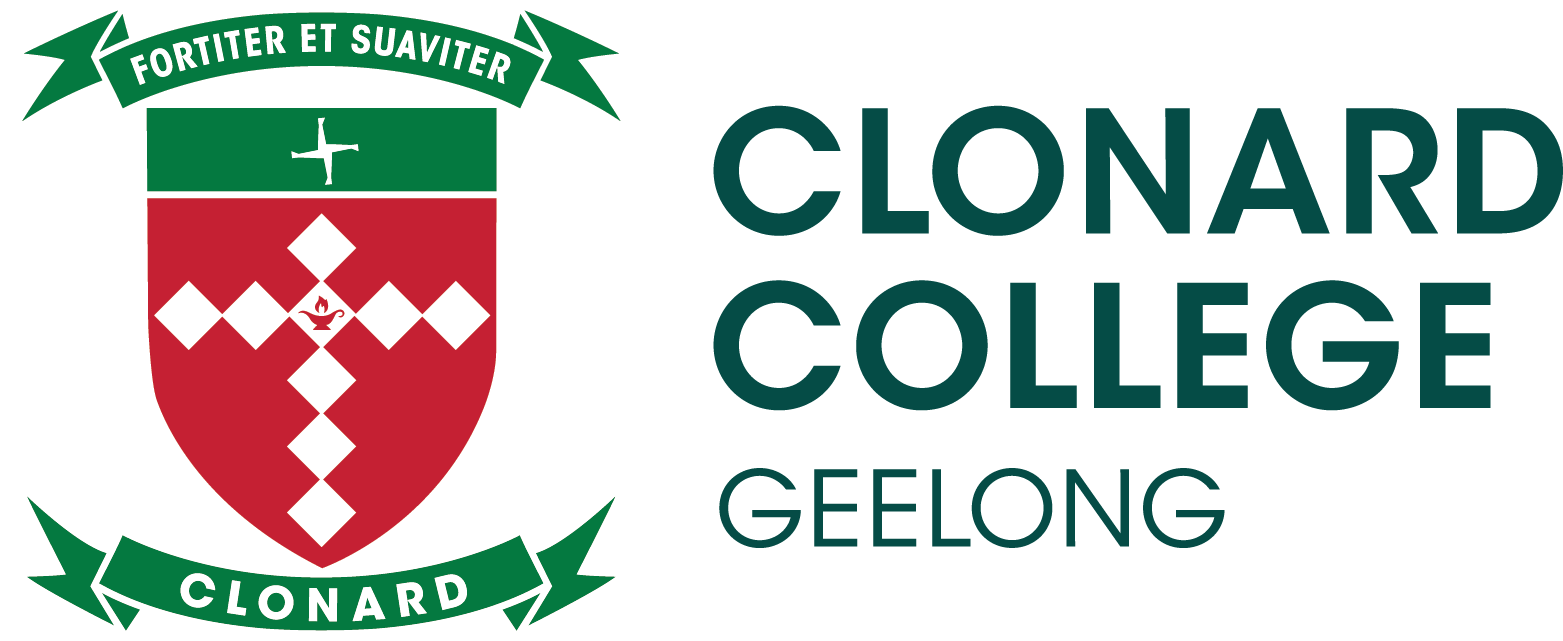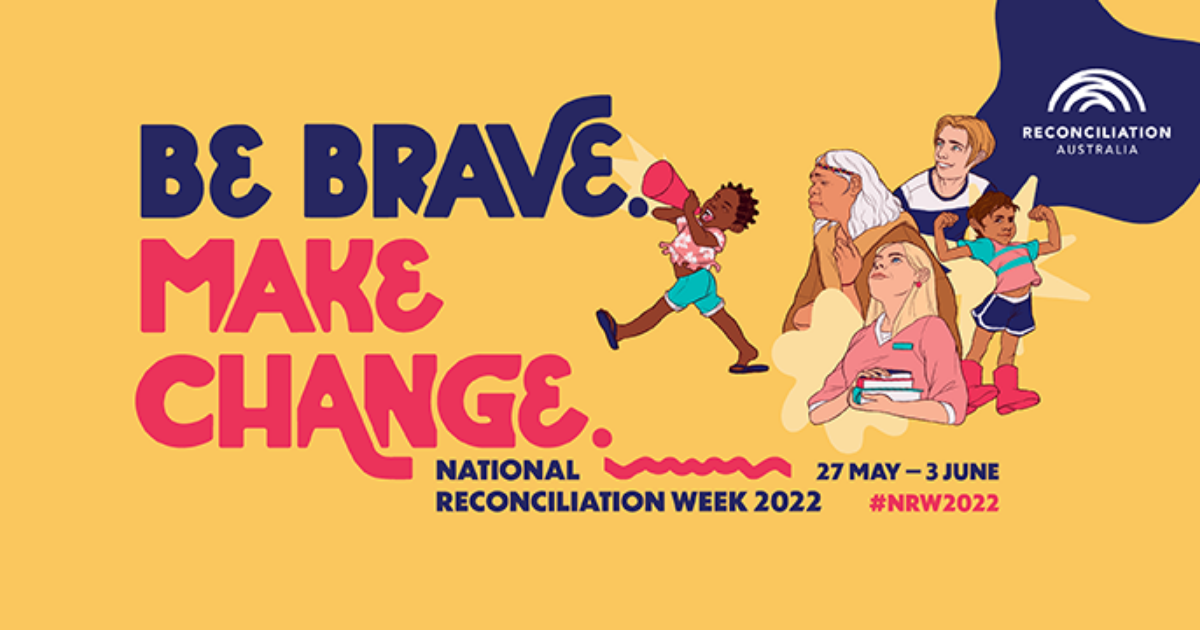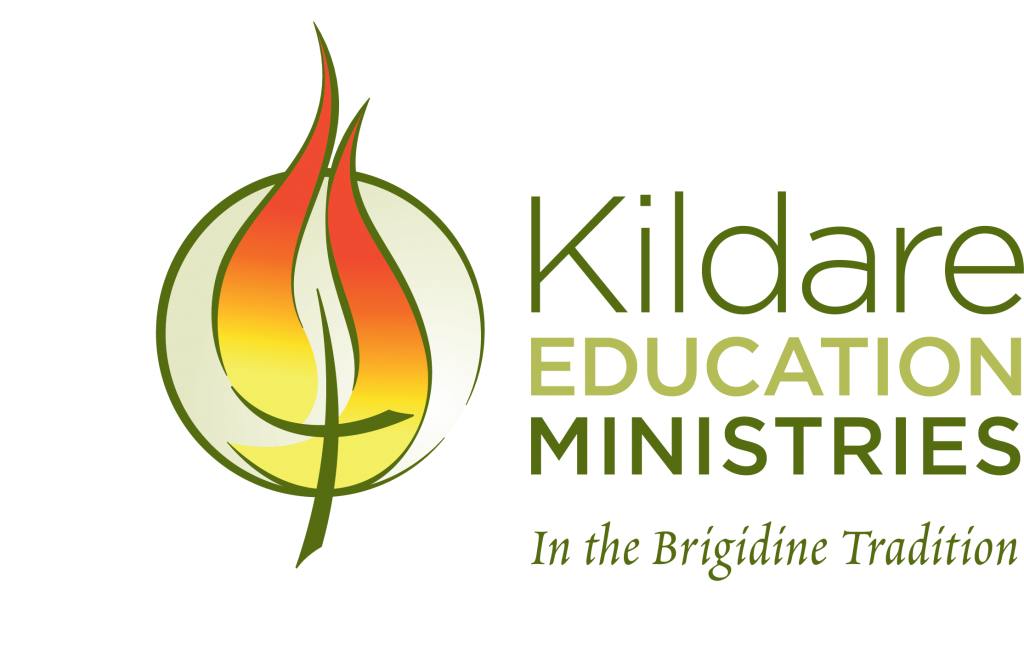- Posted on
- Community
This year’s theme for Reconciliation Week is “Be Brave. Make Change” and is a challenge to all Australians – individuals, families, communities, and government, to be brave, to gain understanding, to tackle racism and to “Make Change” for the benefit of all Australians.
In the lead up to Reconciliation Week, I met with our 2022 Year 12 Fire Carriers, Bree Hutchinson and Jiealla Guttie-Galpin and we discussed the need for even reconciliation planning to involve our Aboriginal and Torres Strait Islander Students but also our student cohort more broadly. I conducted a joint workshop with Aboriginal and Torres Strait Islander students from Years 8 to 10 with some of our Middle School Social Justice leaders on Friday 13 May. This focussed on what reconciliation meant and why we celebrate and focus on reconciliation for the same week/dates each year. The students acknowledged that the week of Reconciliation Week (27 May to 3 June) is bookended by two important events: the anniversary of the 1967 Referendum (27 May 1967) and the anniversary of the Mabo decision (3 June 1992). The workshop also considered the meaning of ‘reconciliation’ and student responses included “coming together”, “recognising the past”, “planning for an improved future” and “listening to others”.
On 26 May, also National Sorry Day, the school conducted an assembly online with a recorded (and explained) Welcome to Country, Prayer, explanations of Reconciliation Week and the above key dates. A number of our Aboriginal and Torres Strait Islander students, led by Bree and Jiealla, and assisted by Sue Collins, performed two traditional dances which were recorded as part of the assembly. Two of our Social Justice leaders also spoke about their learnings from the earlier workshop and encouraged all to listen, learn and act justly toward a reconciled Australia. In closing, Bree and Jiealla spoke about how we all needed to work together in closing the gap, noting one troubling statistic – that, in addition to many alarming health statistics, only 22% of Aboriginal and Torres Strait Islander students complete Year 12.
All our Year 12 students, some of whom are already 18 years of age, watched the assembly video separately to the rest of the school. I explained at that gathering how it is very likely they will be soon asked to vote, as newly enrolled voters, in a referendum to change our country’s constitution to better recognise all Aboriginal and Torres Strait Islander peoples.
Reconciliation, therefore, is more than a week of focus or a key word – it is about learning about shared histories, cultures, and achievements. It means engaging, and practically taking practical steps to improve the lives of all Australians, particularly those suffering disadvantage and discrimination.
During this year’s Reconciliation Week, students and staff have been able to watch a movie, take part in an art project to create a representation of the Aboriginal flag and to run a BBQ for all students and staff, with the proceeds going to the “Opening the Doors Foundation” (which assists families of Aboriginal and Torres Strait Islander in meeting education, booklist and excursion expenses).
We hope all continue to be brave, and to make change.
Michael McCallum, Aboriginal and Torres Strait Islander Leader



